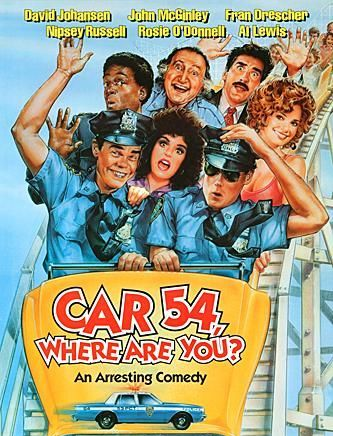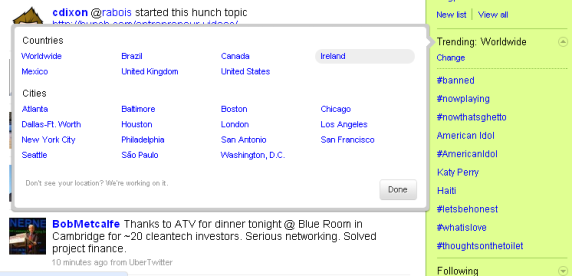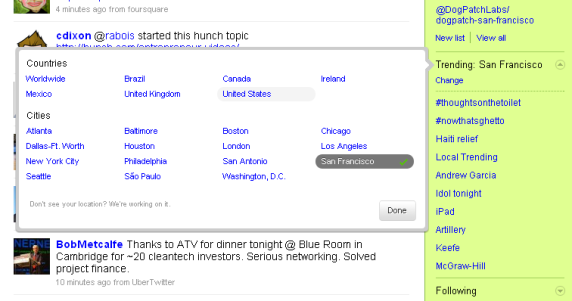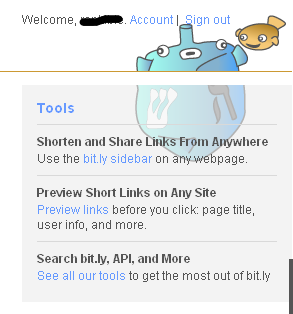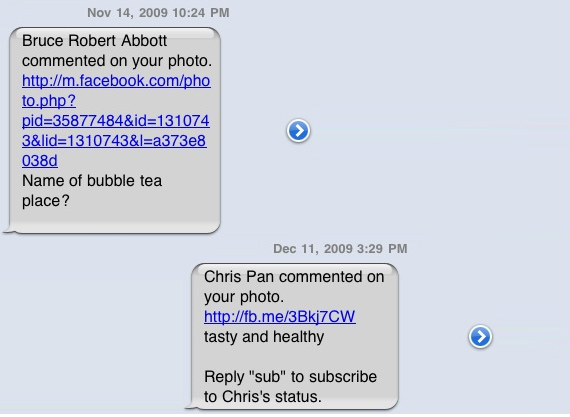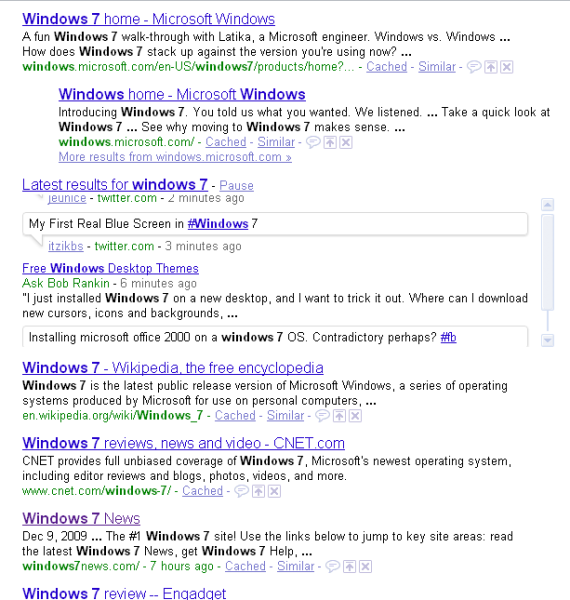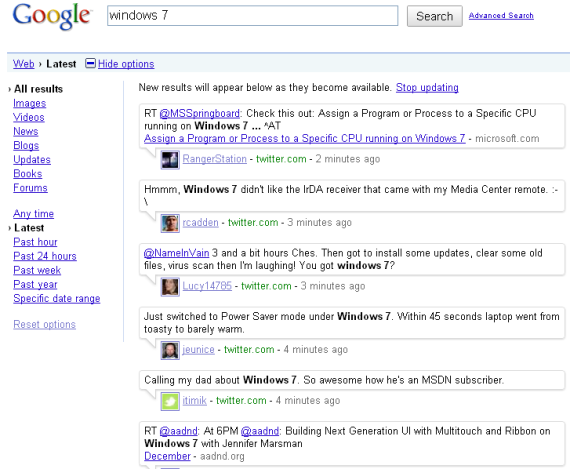Mind you, this is coming from a someone who does not profess to understand Google Wave (after several attempts)...and from someone who believes that Facebook is the bigger than most give it credit for.
Here are seven unsorted reasons Google Buzz matters:
1. Buzz integrates directly into email.
One of the failings of Wave is that I had to repeated return to see new activity... that's asking too much for a new service with still sporadic usage. The email integration gives a large population (Gmail users of course) immediate and continued access to Buzz - all within a setting that is stickier than any other: email.

2. Buzz is familiar.
Combine email, Google Chat, Facebook status updates, Google Reader, etc... and you have Buzz. A familiar combination of web activities. Wave is too complex - this is simple enough to bridge us from email to Wave (or whatever is next).
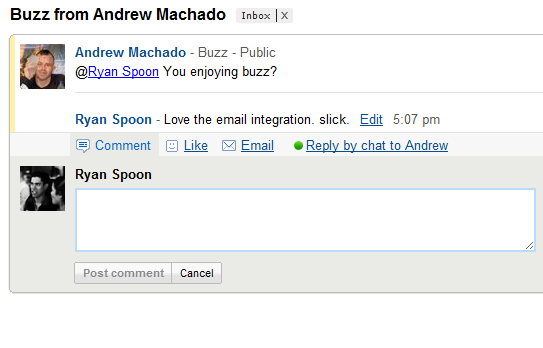
3. Email contacts are the original - and perhaps most powerful - social network.
The ability for Buzz to connect you with people you already contact on a daily basis is powerful... it also means new users never are lonely.
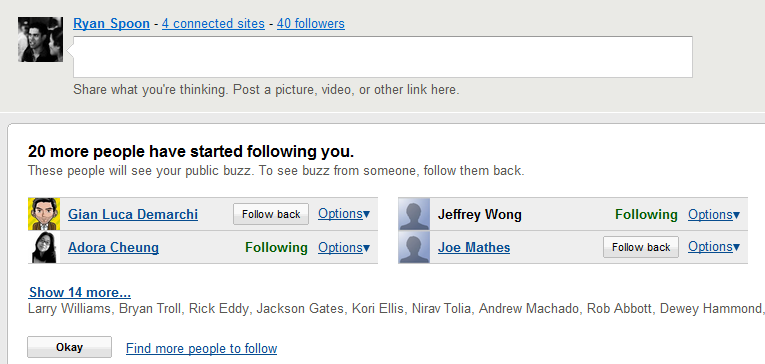
4. Content is public. Conversations are defaulted to being public and have their own URLs. In anyone else's hands, this is not revolutionary. But Google has worked hard to integrate blogs and Twitter into search results... it is a powerful way to accelerate Buzz and to reward / incent active users with traffic (much like SEO).

5. It is versatile. The ability to pivot conversations through Buzz, GChat and Email is slick, simple and powerful because activities can also pivot between public / private and one:one / one:many.
6. It beats CC'ing The public functionality makes Buzz a powerful tool for group activity and chat. People can jump in and out of threads.
7. ... And it therefore makes sense as a Google Docs Tool There are clear benefits for team usage and it fits within the Google Docs suite of corporate products.


